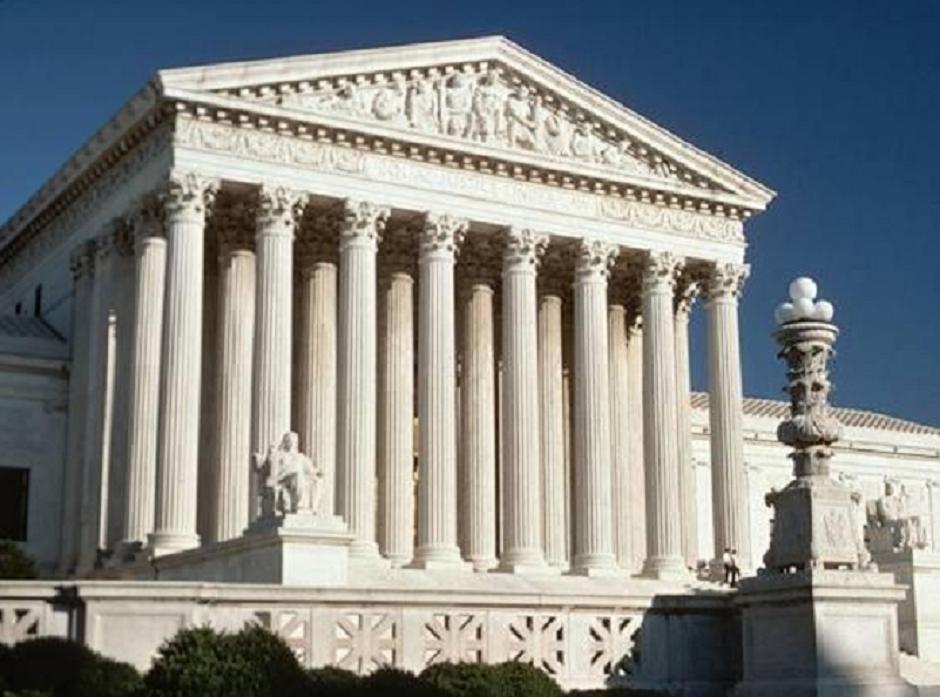Prosecutorial Discretion from the Department of Homeland Security?
 Prosecutorial Discretion from the Department of Homeland Security? I’ll believe it when I see it.
Prosecutorial Discretion from the Department of Homeland Security? I’ll believe it when I see it.
I spend a good amount of time reading through articles on the latest immigration buzz. Since this summer, a lot of it has been centered on prosecutorial discretion in civil immigration enforcement.
On June 17 of this year, Director John Morton of Immigration and Customs Enforcement (ICE) issued a memo meant to set guidelines on exercising prosecutorial discretion. The June 17 memo, often referred to as “the Morton Memo”, builds on an earlier memo setting enforcement priorities. The Morton Memo acknowledges that the Department of Homeland Security (DHS) has limited enforcement capacity, and that it should focus its resources on aliens that represent the largest threat toU.S. interests.
No Harm, No Foul — But How Do You Know If There Was Harm?
 Yesterday, the U.S. Supreme Court agreed to hear a case that gives the Court an opportunity to clarify a longstanding ambiguity in harmless error law. Even if a defendant’s procedural rights have been violated at trial, a conviction will not be reversed on appeal if the error was harmless. However, the Court has at different times articulated the harmless error standard in two different ways, without ever clearly indicating whether the two formulations are substantively different and, if so, which one is preferred.
Yesterday, the U.S. Supreme Court agreed to hear a case that gives the Court an opportunity to clarify a longstanding ambiguity in harmless error law. Even if a defendant’s procedural rights have been violated at trial, a conviction will not be reversed on appeal if the error was harmless. However, the Court has at different times articulated the harmless error standard in two different ways, without ever clearly indicating whether the two formulations are substantively different and, if so, which one is preferred.
In the new case, Vasquez v. United States (No. 11-199), the defendant’s cert. petition focused squarely on this ambiguity, arguing that the majority opinion below (635 F.3d 889 (7th Cir. 2011)) rested on one formulation, while the dissenting opinion rested on the other. In Vasquez’s view, the choice of harmless error standard is more-or-less dispositive in his case, thus making the case an appropriate platform for deciding which standard is the right one. In its response, however, the government disputes that there is any substantive difference between the standards.
Here are the (allegedly) competing standards.

